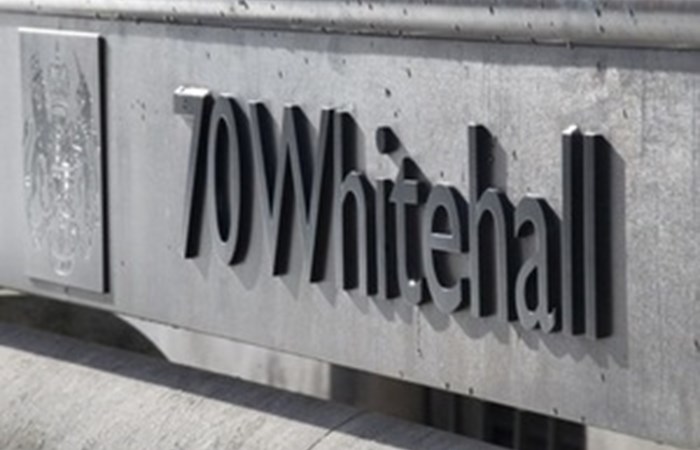Cabinet Office

Changing technology provides the opportunity to deliver better public services. That is why through the Digital Economy Bill, government is improving services to benefit citizens, reduce fraud and debt, and deliver world class research and statistics.
The Digital Economy Bill contains a host of measures that will support the digital transformation of government, ensuring the delivery of better public services through world leading research and statistics. For example, it will allow the Government to identify those in fuel poverty and provide financial support to those most in need. It will also clamp down hard on benefit fraud.
To ensure that departments, local authorities and the wider public sector understand what safeguards are in place and need to be followed, the Government has published four codes of practice to give clarity and transparency over how the powers in the Bill will operate. They cover:
- A code of practice on Public Service Delivery, Fraud and Debt;
- A code of practice for civil registration officials;
- A code of practice and accreditation criteria for access to data for research purposes; and
- A statement of principles and procedures and code of practice for changes to data systems.
The proposals in the Bill have been widely consulted on for over two years, working with a range of civil society and public sector representatives.
Chris Skidmore MP, Minister for the Constitution, said:
New and emerging technology provides us with a great opportunity to provide public services more effectively and efficiently. The measures in the Digital Economy Bill will support people to access services they need, transforming the relationship between people and the government.
The measures are a highly positive step towards helping the most vulnerable in society on a range of measures, including the warm home discount and helping with managing debts.
These codes of practice will ensure departments, local authorities and the wider public sector understand their obligations to use the powers responsibly.
Notes:
The codes of practice are drawn from, and should be read in accordance with, the Information Commissioners Office (ICO) code of practice on data sharing, which provides the framework for how the Data Protection Act applies.
